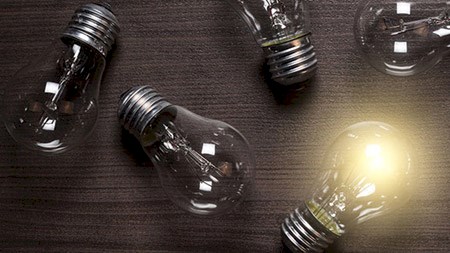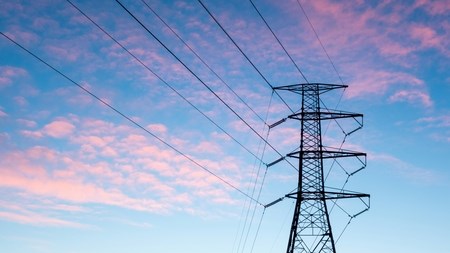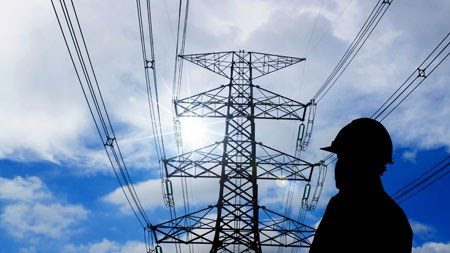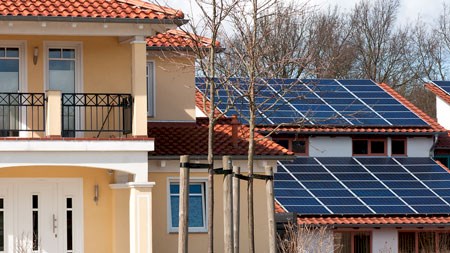Smart meters allow your power utility to centrally control electricity usage in your homes. Is this a good idea?
As load shedding continues to plunge the country into darkness , Johannesburg's City Power is doing everything possible to ensure that its consumers use less electricity during peak periods - including charging a premium for the privilege.
It's not the only step that the utility is taking. Consumers who have had smart meters installed will have to turn off various appliances when told to do so if they want their lights to stay on during periods when the electricity supply is constrained.
Load limiting
While it all sounds like something out of a science fiction movie, smart meters allow the power utility to centrally control electricity usage in individual homes in and around Johannesburg. Aptly named Load Limiting, the electricity saving measures will only be implemented when Eskom indicates that there is a need for consumers to reduce their consumption in order to avoid load shedding. SMSes will be sent, indicating that electricity usage needs to be cut and those who reduce their consumption will be rewarded by not having their power shut off completely. However, those who choose to ignore the warnings will initially have their power cut for 30 seconds. This will be repeated five times and those who still fail to comply will have their power disconnected for 30 minutes before the entire process is repeated.
Eskom has been begging households to reduce their consumption for months and the idea that municipalities will have the power to cut off supply to those who refuse to heed the call is, on the face of things, good news. After all, why should we all suffer the inconvenience of load shedding because of a selfish few?
Immediate action
In a report released by City Power, it's stated that another advantage to the system is that the organisation will be alerted and will take action immediately if there is an outage or if the unit has been tampered with in any way. Meters can be read remotely and will allow consumers to log onto a website in order to monitor their consumption. As things stand, 65 000 households have been equipped with the new technology. This is expected to be increased to 150 000 households by October this year and there is talk that the smart system will be launched nationally in the near future. The smart metering device can be operated with either a post or prepaid meter system.
Will the system work?
All eyes will be firmly fixed on Johannesburg in the coming months to see how well the system works. At first glance, the new system could prove to be extremely beneficial to those who live in the Johannesburg area and this is mainly due to the fact that the 65 000 households which currently have smart meters installed collectively have the potential to reduce the overall power usage by 153 MW. This is pretty significant given that Eskom requires City Power to reduce its demand by around 150 MW during stage one load shedding, by 250 MW during stage two and 600 MW during stage three.
Teething issues
It is worth noting that although the City of Johannesburg speaks in glowing terms of the new technology, not everyone who has had the smart system installed is quite so enamoured. In 2014 The Star reported that Kensington residents who had smart meters installed in 2013 complained that they had seen steep increases in their electricity bills. Despite this the City of Johannesburg maintained that the system was 'working just fine'.
All in all the smart system seems to be the most logical step forward for all South Africans, particularly as there is no end to the load shedding saga in sight. The message is clear for Johannesburg residents - turn off those non-essential appliances and keep the lights on, or ignore the request and sit in the dark - the choice is yours.





